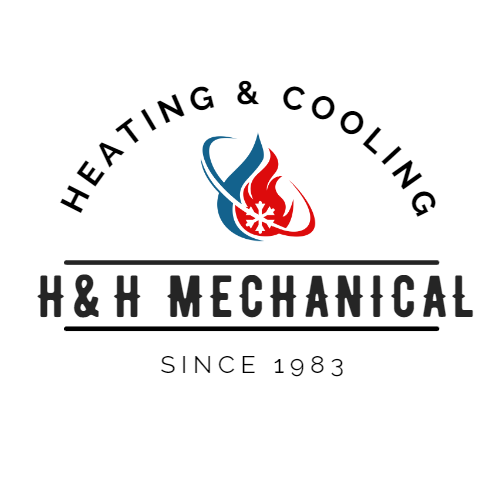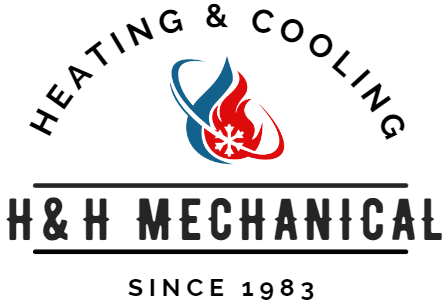How Can Buying a New Furnace Save You Money?
In the midst of colder weather, the thought of your home heating system failing can send a chill down your spine. While the initial cost of a new furnace might seem like a substantial financial burden, the investment can actually pave the way for significant savings over time. Here are several ways in which upgrading to a new furnace can be a financially wise decision.
Increased Energy Efficiency
Modern furnaces benefit from advances in technology and design that make them far more energy-efficient than their older counterparts. The efficiency of a furnace is measured by its Annual Fuel Utilization Efficiency (AFUE) rating, which indicates how much of the fuel is converted into usable heat. Newer models are required by law to have a minimum AFUE rating of 80%, with many high-efficiency models boasting ratings of 90% or higher. This increased efficiency means that more of the energy from the fuel goes into heating your home, which can significantly reduce your heating bills.
Reduced Repair Costs
Old furnaces can become money pits as they age. The cost of maintaining and repairing an older, less reliable furnace can quickly add up, making it an ongoing financial burden. On the other hand, a new furnace, especially one with a warranty, can provide peace of mind knowing that you are unlikely to face substantial repair bills for a number of years. Additionally, the newest models come with modern features that can alert you to maintenance needs before they develop into costly repairs.
Tax Credits and Rebates
To encourage energy efficiency, government agencies and utility companies often offer tax credits and rebates for homeowners who install high-efficiency furnaces. These incentives can significantly offset the initial purchase and installation costs. Be sure to research available offers in your area or consult with a professional installer who can provide you with the latest information on any incentives for which you may be eligible.
Enhanced Comfort and Convenience
New furnace technology not only focuses on efficiency but also on improving overall comfort and convenience. Features like variable speed fans and modulating gas valves allow the furnace to fine-tune the amount of heat it produces and how it distributes air, leading to more even temperatures throughout your home and better air quality. These improvements can enhance your living environment and, in some cases, contribute to reduced heating costs by eliminating hot and cold spots and maintaining a consistent temperature.
Environmental Impact
Investing in a new, high-efficiency furnace has the added benefit of being kinder to the environment. By consuming less fuel and operating more efficiently, these furnaces emit fewer greenhouse gases and pollutants. This reduction in your carbon footprint is an important step towards sustainability and can also contribute to savings on carbon taxes and emissions-related fees in some regions.
Long-term Savings and Home Value
While the upfront cost of a new furnace is significant, the long-term savings on energy bills and repair costs can make it a financially sound investment. Additionally, a new, efficient heating system can increase your home's appeal and value, especially if you're considering selling in the near future.
The decision to invest in a new furnace is not only about ensuring warmth and comfort during the colder months; it's also a strategic financial decision. With the potential for lower energy bills, reduced repair costs, tax incentives, improved comfort, and a reduced environmental footprint, a new furnace can offer compelling long-term savings. When considering an upgrade, it's essential to consult with HVAC professionals to select the most suitable model for your home's needs and to maximize the financial benefits of your investment.
You might also like





